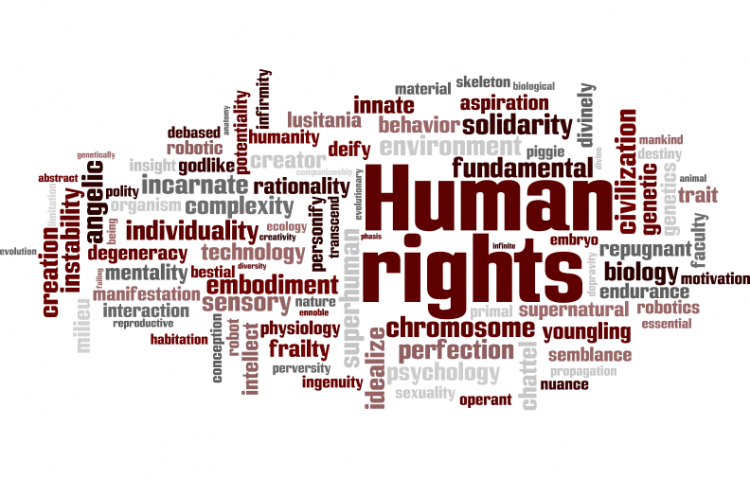
- Target:
- Civil Society Organisations
- Region:
- Ghana
Since 2002, the Coalition on the Right to Information has been advocating for the passage of an effective and efficient RTI Bill into law to give legal backing to the Constitutional provision of people’s right to access information.
The Coalition as part of its advocacy strategy, has produced a critique of the Bill, raised concerns about the Bill which have developed into a brochure titled “Concerns on the RTI Bill”, and an Option Paper on the concerns raised on the Bill.
It also has regional networks to create awareness on the Bill nationwide, organized press conferences to update the media and Ghanaians on the Bill, engaged with Members of Parliament and more especially the Joint Committee on Communication and Constitutional, Legal and Parliamentary Affair working on the Bill in order to pass an effective RTI Bill into law.
Freedom of, or right to, information is an internationally recognized fundamental human right to access information held by government bodies. It is also based on the democratic principle that in a democracy, the sovereignty of a nation lies in the hands of the people in whose name and on whose behalf government exercise powers.
In Ghana this is affirmed by Article 1(1) of the 1992 Constitution which categorically states that ‘the sovereignty of Ghana resides in the people of Ghana in whose name and for whose welfare the powers of government are to be exercised.’ This principle is affirmed by article 21(1)(f) of the same Constitution which grants ‘all persons ....the right to information subject to such qualifications and laws as are necessary in a democratic society’.
The right to information is fundamental to the realisation of economic and social rights as well as civil and political rights. The right to information lays the foundation upon which to build good governance, transparency, accountability, participation, and check arbitrariness and corruption in public life.
Ghana’s right to information Bill since it was first drafted in 2002 has been viewed with a lack of enthusiasm from political circles with the argument that Ghanaians are not ready for such a law owing to the following reasons: first, an RTI will be too costly for a developing country like Ghana, second all the needed infrastructures are not in place, third RTI will take time and resources away from government functions and thereby distract from greater priorities such as creating jobs, building schools, & providing decent healthcare.
What politicians fail to see is that an effective right to information provides an enhanced and enabling climate for the full realisation of other fundamental human rights. The right to information is closely connected with the right to shelter, water, and basic infrastructure and the right to development as a whole.
It is said that information is power and power is access to information. Access to information strengthens democracy, good governance, transparency, accountability, economic growth and development, poverty reduction, and fights corruption. This is what the RTI Bill seeks to addressed.
You can further help this campaign by sponsoring it
The Amend and pass the RTIBILL now petition to Civil Society Organisations was written by Norbert Atiah and is in the category Human Rights at GoPetition.